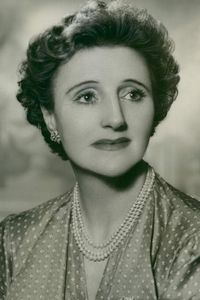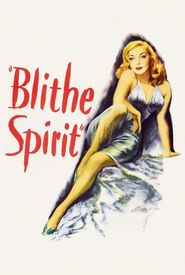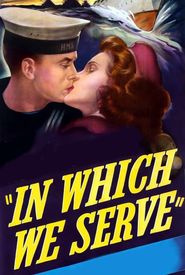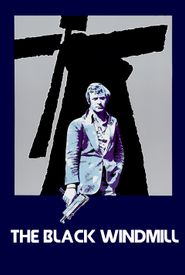Person Biography:
Joyce Carey was a renowned London-born actress, hailing from a distinguished theatrical family. Her illustrious career on the stage began in 1916 with a notable performance as Princess Katherine in an all-female ensemble of "Henry V". She made her West End debut in a small part in the exotic melodrama "Mr. Wu".
In the 1920s, Joyce became a prominent interpreter of Shakespearean roles in Stratford-upon-Avon, starring in productions such as "The Tempest" and "The Winter's Tale". She also acted in several fashionable drawing-room comedies in London, solidifying her reputation as a talented actress.
Joyce's association with the renowned playwright Noël Coward began in 1924 during a rehearsal for his play "The Vortex". Coward was so impressed with her talent that he cast her in the leading role of Sarah Hurst in "Easy Virtue" the following year. The play enjoyed a successful run of 147 performances on Broadway, cementing Joyce's status as a rising star.
Throughout her career, Joyce regularly featured in Coward's plays, showcasing her remarkable range and versatility. In 1934, she wrote the comedy "Sweet Aloes" under the pseudonym 'Jay Mallory', taking on the key role of Lady Farrington. The play received critical acclaim on the West End, and Warner Brothers later adapted it into a teary melodrama, "Give Me Your Heart", starring Kay Francis and George Brent.
During World War II, Joyce toured with the Entertainments National Service Association (ENSA) in Coward plays, later reprising her stage successes in the filmed versions of the same productions. Her iconic role as the train station buffet manageress Myrtle Bagot in David Lean's "Brief Encounter" (1945) remains one of her most beloved and enduring performances.
In her later years, Joyce's air of quiet authority and ladylike manner made her an ideal choice for a range of aristocratic dowagers, doting aunts, and mothers. She continued to perform on stage and screen until the age of 90, starring in a minor Coward play, "Semi-Monde", and receiving critical acclaim for her role as an elderly lady facing eviction in Michael Palin's BBC play "Number 27" (1988).
Throughout her illustrious career, Joyce Carey was recognized for her outstanding contributions to the world of theatre and film. In 1982, she was awarded the Order of the British Empire, a testament to her dedication, talent, and enduring legacy.








































